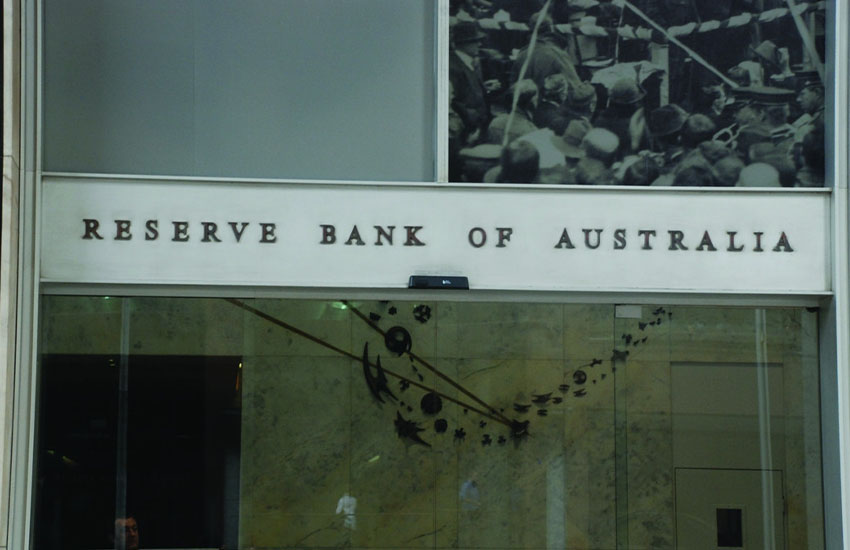Australia’s official cash rate fell to a record low of 0.25 of a percentage point in March, with RBA governor Philip Lowe stating it was the “lower bound” for interest rates.
However, speaking about the Australian economy and monetary policy, RBA deputy governor Guy Debelle did not rule out future rate reductions.
You’re out of free articles for this month
“In the short term, they can contribute to a lower exchange rate. In the medium term, the effectiveness can wane, including through the effect on the financial system,” Mr Debelle said.
However, the deputy governor pointed to mixed results for countries that have dropped their rates below zero.
“Negative rates can also encourage more saving as households look to preserve the value of their saving, particularly in an environment where they are already inclined to save rather than spend,” Mr Debelle explained.
“That is, the income effect can be larger than the substitution effect. To date, those economies with negative policy rates have not lowered them further. Instead, they have eased monetary policy settings through other means.”
Mr Debelle also said that the RBA could consider buying bonds further out along the curve, supplementing its three-year yield target, and named foreign exchange intervention as another potential policy option, while warning that the Australian dollar was “broadly aligned” with fundamentals and that any intervention might not be effective.
“Given the outlook for inflation and employment is not consistent with the bank’s objectives over the period ahead, the board continues to assess other policy options,” Mr Debelle said.
But Mr Debelle refused to be drawn on when the RBA could use these measures, saying they would continue to monitor the recovery but would take into account support announced in the October budget.
Mr Debelle also said that Australia’s debt burden as a result of COVID-19 remained serviceable and that it could have been much higher if the government hadn’t launched its stimulus programs.
“The fact that household income rose in the quarter does not mean that the stimulus was overdone,” Mr Debelle said.
“Absent the stimulus, the decline in GDP and employment would have been significantly larger and there would have been much greater financial hardship… The transfer from the strong balance sheet of the government to bolster the balance sheet of the household sector is an entirely appropriate and timely policy response.”

 Login
Login






